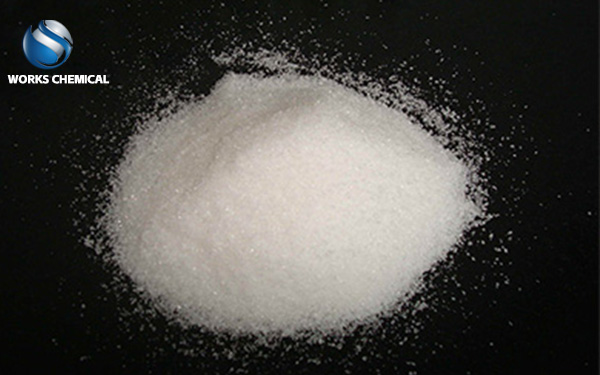
Organic conditioner and inorganic conditioner have their advantages and disadvantages in sludge treatment, so it is not possible to generalized which is better, but it needs to be comprehensively considered according to the specific sludge properties, treatment objectives, economic costs and other factors.

A, organic conditioner
Advantages
Small dosage: Compared with inorganic conditioners, the dosage of organic conditioners is usually less, which can reduce the treatment cost.
The formation of thick floc: organic conditioner can form a large floc, easy to dehydrate, improve the solid content of mud cake.
Strong adaptability: organic conditioner has strong adaptability to sludge and can adapt to different properties of sludge.
Disadvantages
Lower floc strength: Compared with inorganic conditioners, the floc formed by organic conditioners has lower strength and is easy to break.
Slow biodegradation: Some organic conditioners have the problem of slow biodegradation, which may cause long-term effects on the environment.
Monomer residue: Some organic conditioners may have monomer residue problems during use, and it is necessary to strictly control the dosage and use conditions.
Two, inorganic conditioner
Advantages
Low cost: inorganic conditioners are usually cheaper and can reduce the cost of sludge treatment.
High strength of the formed floc: inorganic conditioning agent can form a high strength floc, not easy to break.
Sensitive to sludge pH value: By adjusting the pH value of the sludge, the conditioning effect of the inorganic conditioner can be improved.
Disadvantages
Large dosage: The dosage of inorganic conditioner is usually large, which may lead to an increase in the amount of sludge after treatment.
Corrosiveness: Some inorganic conditioners (such as iron salts) are corrosive and may cause damage to equipment and pipes.
Heavy metal ion residue: There may be a problem of heavy metal ion residue when using inorganic conditioners, which poses a potential risk to the environment.
Three, selection suggestions
According to the nature of sludge selection: for the sludge with high organic content, the organic conditioner is preferred; For inorganic sludge, inorganic conditioner can be considered.
Consider the treatment objective: if the pursuit of higher solid content and dehydration efficiency of mud cake, you can choose organic conditioner; If you pay more attention to cost control and reduce the amount of sludge after treatment, you can choose an inorganic conditioner.
Comprehensive evaluation of economic and environmental factors: When selecting the conditioner, it is necessary to consider factors such as economic cost and environmental impact, and choose the most cost-effective scheme.
In summary, organic conditioner and inorganic conditioner have their own advantages and disadvantages in sludge treatment. In practical applications, it is necessary to choose the most suitable type of conditioner according to the specific sludge properties, treatment objectives, economic costs and other factors. At the same time, it is also necessary to pay attention to factors such as the dosage of the conditioner, the preparation concentration and the dosage sequence to ensure the best conditioning effect.